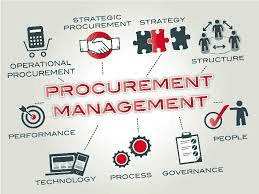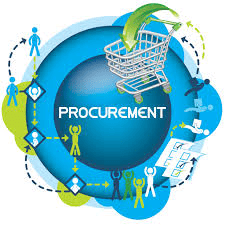The procurement manager is responsible for finding and buying the best equipment, products and services available at competitive prices in order to allow a business or organisation to function successfully.

They are involved directly in the purchasing and sourcing of goods and services such as:
- Components used to create a product sold by a company
- Products to be sold (for instance, in a store) by a business
- Goods and services to be used by the company
- Marketing and advertising services are used to promote an organisation.
They are responsible for sourcing suppliers, contract writing, negotiation, and managing suppliers throughout the entire procurement process. They also deal with sustainability, risk management, and ethical issues. For details on a procurement recruitment agency, visit https://talentdrive.co.uk/
Their work can help an organisation or business save money, reduce waste and increase profit.
Responsibilities
Expect the following as a procurement manager:
- Forecasting demand for products and services
- Conduct research to find the best suppliers and products in terms of value, delivery schedules, and quality
- Run tenders, evaluate offers and make recommendations based on technical and commercial factors
- Negotiate and agree contracts while monitoring the quality of services provided
- Keep contract files for future reference
- Maintain good relationships with existing and new suppliers
- Motivate and manage a team in the procurement department
- Liaise with suppliers, manufacturers and internal teams, such as marketing, sales, IT, supply chain and planning
- Develop strategies to ensure that targets for cost savings and supplier performance are met or exceeded
- Review existing contracts for value for money
- Ensure the sustainability and security of key products and services
- Forecasting price trends and future activity
- Give presentations on market analysis and potential growth
- Develop and implement an acquisition strategy
- Analyse data to produce statistics and reports on saving and spending
- Ensure suppliers understand business objectives
- Attend meetings and trade conferences
- Keep up-to-date with the latest trends, innovations, regulations and new technologies that could impact your business
- Train junior staff members

Salary
- A graduate buyer or trainee earns about £25,000.
- The average salary for procurement or purchasing officers is around £30,000, and that of procurement specialists ranges from £32,000-£40,00.
- The average salary for procurement managers is £47,523, and can reach £160,000 at the highest levels.
Salary levels vary according to a number of factors, including experience, location and the industry you work in. They also depend on the type and size of the company and the qualifications you have, for example.
